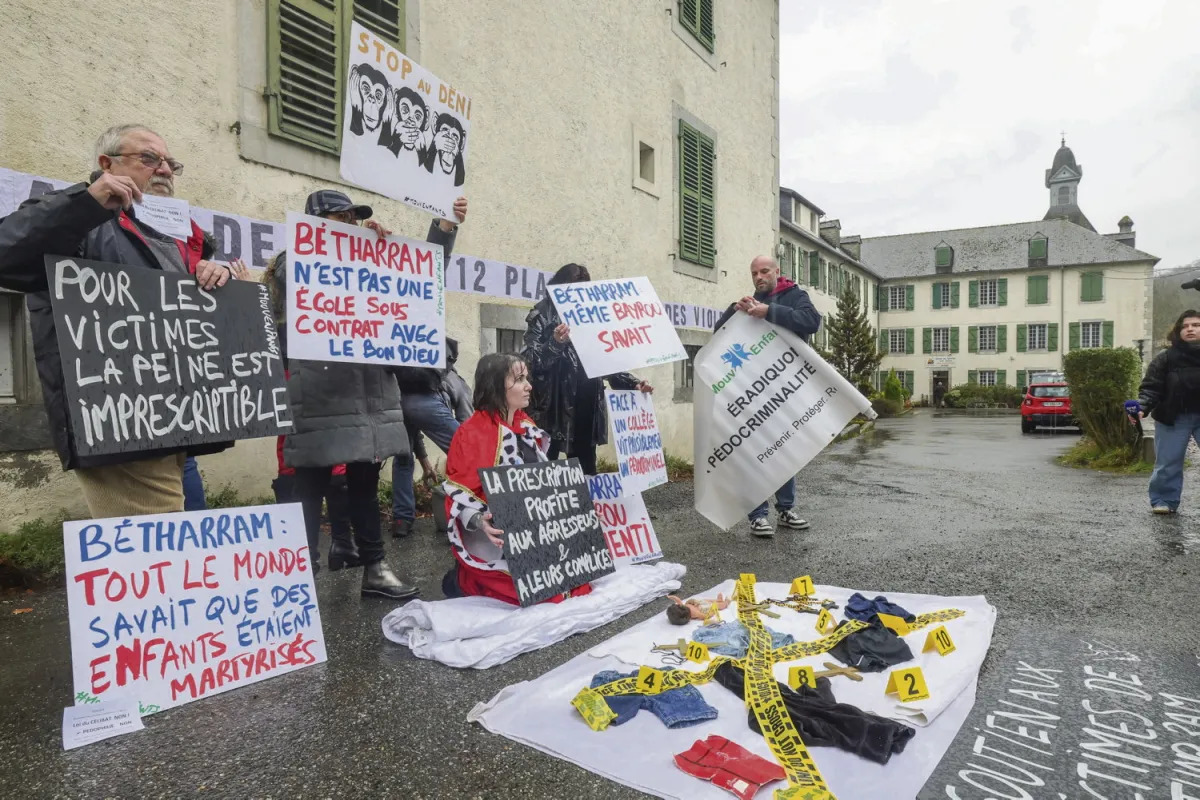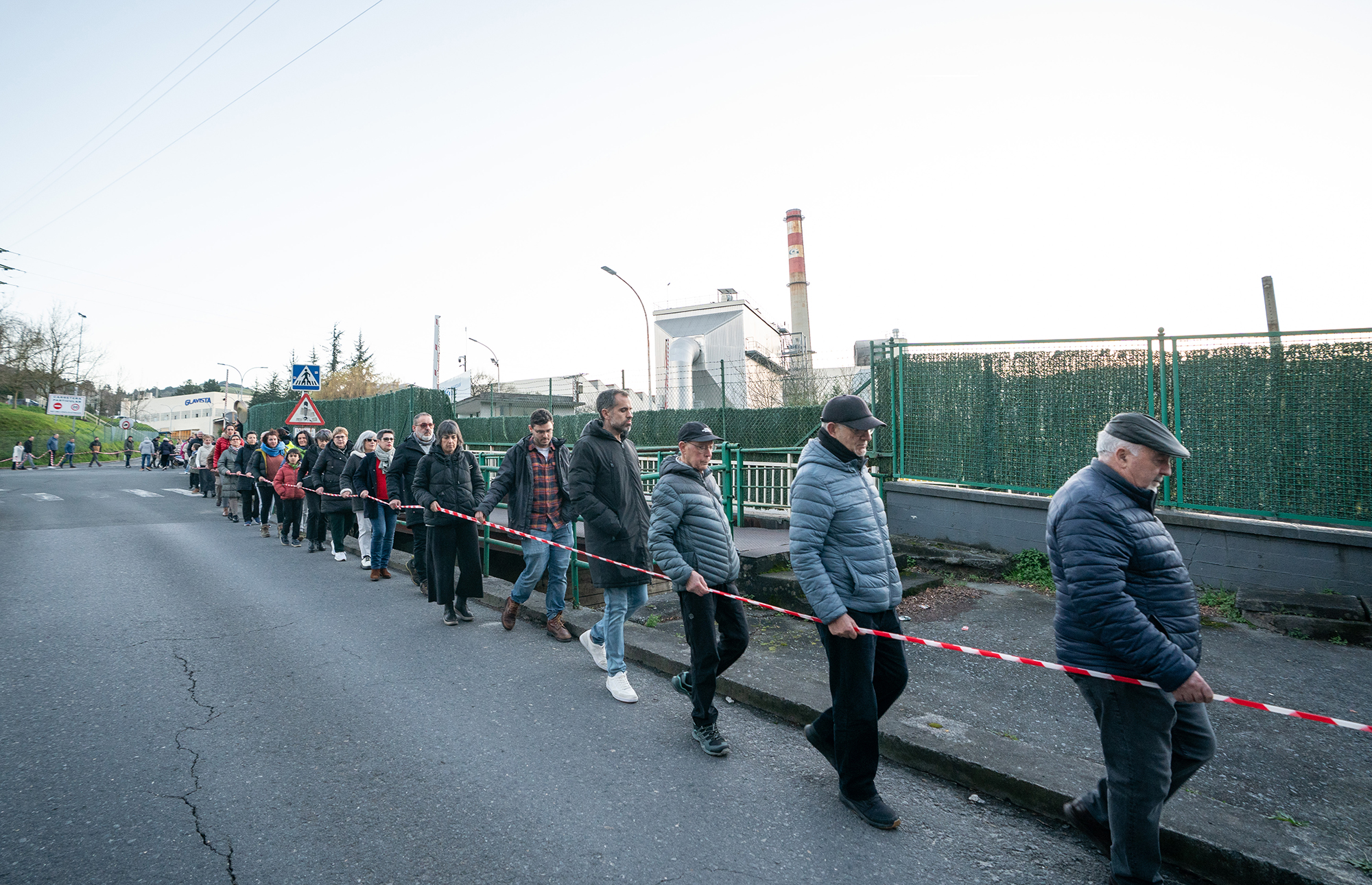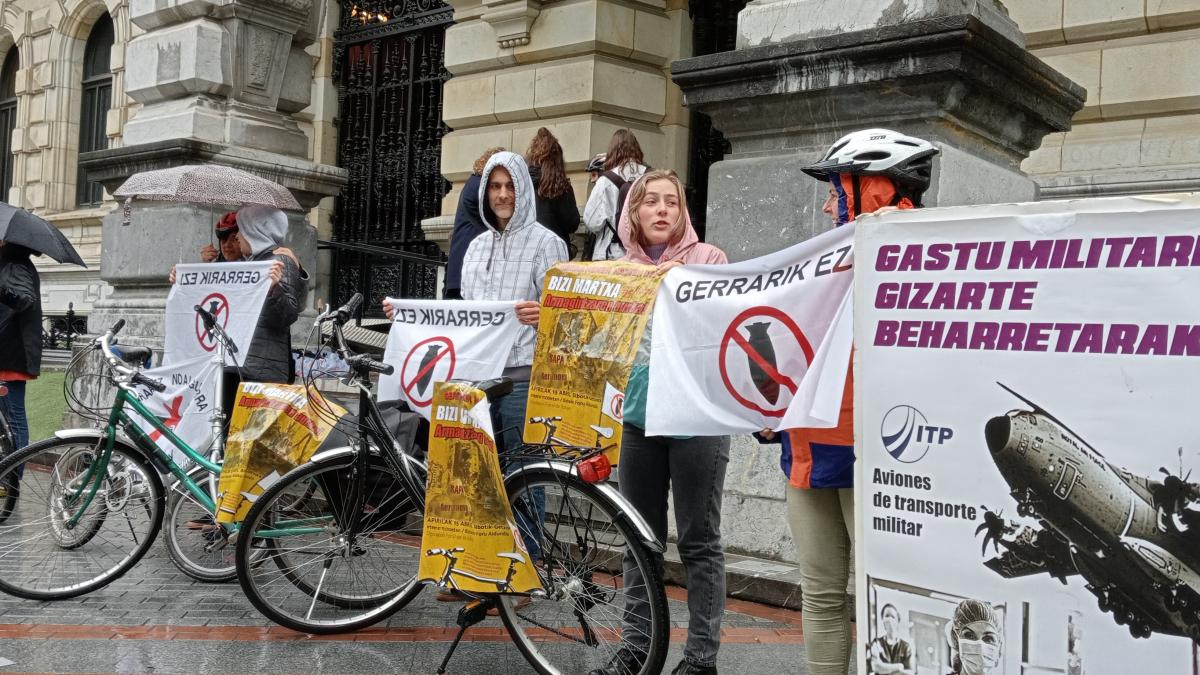Crisis, R & D maintenance
Not everything is negative in the attitude of Basque industrial policy to the crisis. There are also positive things like Research and Development. This is the conclusion of a documented and interesting study conducted by independent individuals from the university. Adelheid Holl and Ruth Rama, members of the Spanish Higher Council of Scientific Research (CSIC), participate in the day “The sustainability of innovative practice in times of crisis: The work “The case of the CAV” has been awarded.
After comparing them with other R&D policies developed in the Spanish State, especially with Madrid and Catalonia, they conclude that the Basque Country has had a better development. For the authors, a favourable attitude to innovation in the face of the crisis can stimulate development, as demonstrated by the cases in Finland and South Korea. In this context, they say that the crisis has not had the same effect, as far as innovation expenditure is concerned, in Basque companies and in other comparable locations in the Spanish State. Analysing cross-sectoral differences and the main characteristics of companies, Basque companies employing R & D, especially small and medium-sized enterprises, have shown a much lower probability of having abandoned their innovative activity and, moreover, it is not ruled out that they have increased the effort in innovation.
The anti-cyclical policies adopted in the CAPV can therefore help companies offering labour and services to deal with the crisis in better conditions than in the rest of the Spanish State. It will have to be seen whether the study is in line with the reality of the Basque industry and whether the innovative effort serves to promote and stabilise employment in our country.
Transparent Beings
When: April 20th.
In which: In the Plaza of the Castle of Pamplona.
-----------------------------------------------
The concert is only half an hour away in the Plaza del Castillo de Pamplona; but it is still half empty, because it is raining. Whether... [+]























